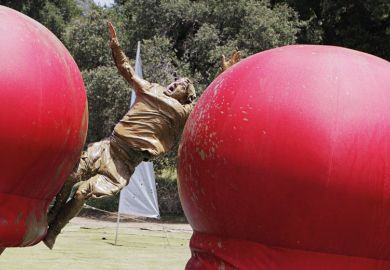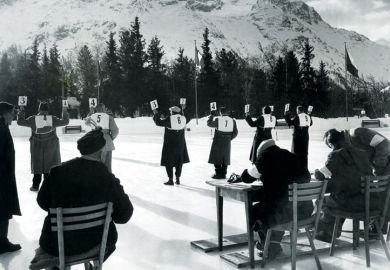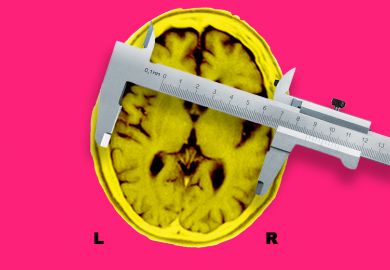More than 2,300 researchers who narrowly missed out on EU funding have been given a "seal of excellence" for their proposals to help them win grants from other sources.
The European Commission has introduced the scheme because so many high quality proposals deserving of grants are rejected due to insufficient funding, wasting huge amounts of time for both applicants and assessors.
This is the first time researchers applying for grants from the Marie Skłodowska-Curie actions funding stream – which encourages mobility across borders and disciplines – have been given seals.The success rate for applicants to this programme in 2015 was just 13.3 per cent.
Carlos Moedas, commissioner for research, science and innovation, said in a statement that the seals were a "simple concept with a big impact".
"This quality label can help individual researchers find funding for their project," he said.
Search our database for the latest global university jobs
Thousands of organsiations invest time and resources into applying for Horizon 2020 grants each year, according to the commission, which are assessed by a "first-class evaluation system".
"The experts identify proposals which are above the quality threshold necessary for funding," it explains on its site. "But, depending on the available Horizon 2020 budget, only some of the above-quality threshold proposals will receive funding."
The seals mean that this effort does not go to waste, it says, and should help other bodies pick out promising ideas more easily.
The commission now wants more member states to guarantee that they will offer at least some funding to those who win a seal. So far, Croatia, Cyprus, the Czech Republic, Poland and Slovenia have agreed to do so.
Register to continue
Why register?
- Registration is free and only takes a moment
- Once registered, you can read 3 articles a month
- Sign up for our newsletter
Subscribe
Or subscribe for unlimited access to:
- Unlimited access to news, views, insights & reviews
- Digital editions
- Digital access to THE’s university and college rankings analysis
Already registered or a current subscriber?






